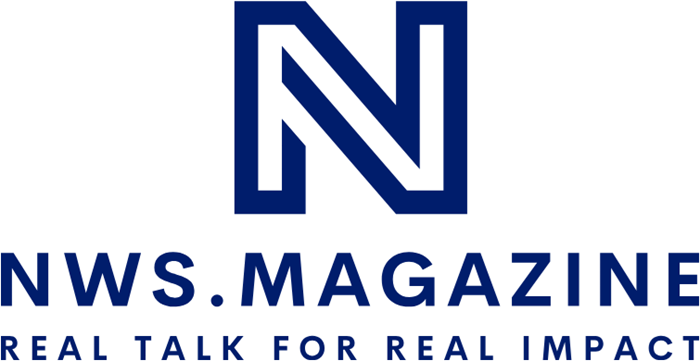“New Work” has become a catchphrase for everything from four-day weeks to digital nomads. But beyond trend pieces and open-plan offices, New Work reflects a deeper shift: in how we define work, what people expect from it, and how organizations must adapt.
Freedom, Responsibility, and Meaning
At its core, New Work is about autonomy and purpose. Employees want flexibility — but also clarity. They seek impact — not just output. Trust, transparency, and personal development are becoming more important than job titles or office perks.
Hybrid Is Just the Beginning
The pandemic proved that remote work is possible. But New Work isn’t just about where people work — it’s about how. Cross-functional teams, asynchronous communication, and outcome-driven leadership require new skills, new norms, and new tools.
Tech as an Enabler, Not a Distraction
From AI assistants to collaborative whiteboards — technology can empower teams. But without a clear culture, it overwhelms more than it helps. The most successful organizations use tech to remove friction, not to monitor or micromanage.
New Leadership for New Work
In the world of New Work, leadership shifts from control to coaching. Leaders are expected to create psychological safety, enable decision-making at the edge, and model learning over perfection. Hierarchies flatten — but responsibility increases.
Where We’re Headed
The next phase of New Work is less idealistic — and more practical. It’s about designing work around humans and value creation. It’s about aligning personal freedom with team outcomes. And it’s about making organizations adaptive, not just efficient.
New Work isn’t a benefit — it’s a mindset. And companies that understand this won’t just attract talent — they’ll unlock it.
Further Reading & Sources
- Harvard Business Review – What Your Future Employees Want Most
- World Economic Forum – Future of Work (Archive)
Image credit: Evdokimov Maxim – Shutterstock

